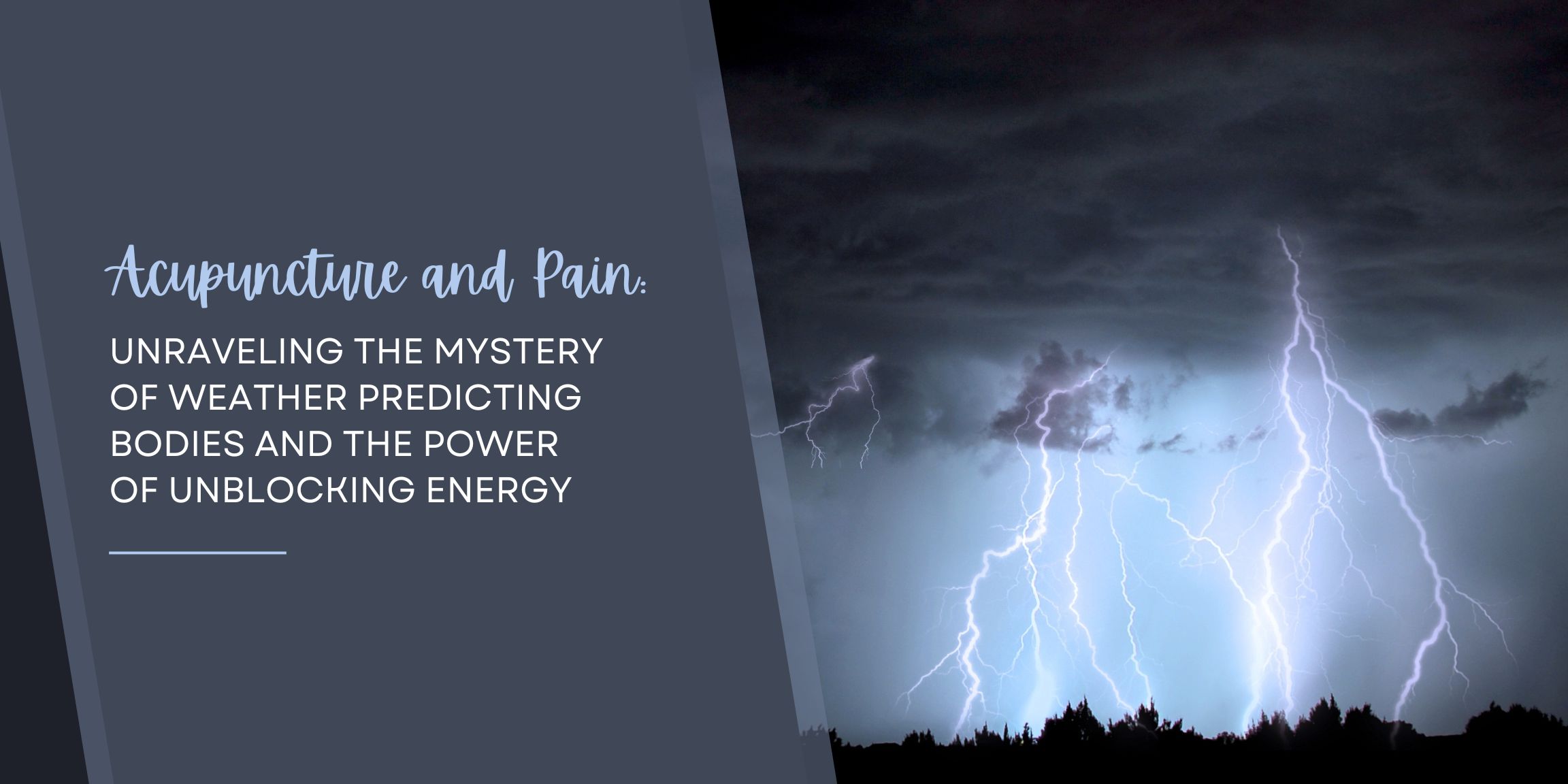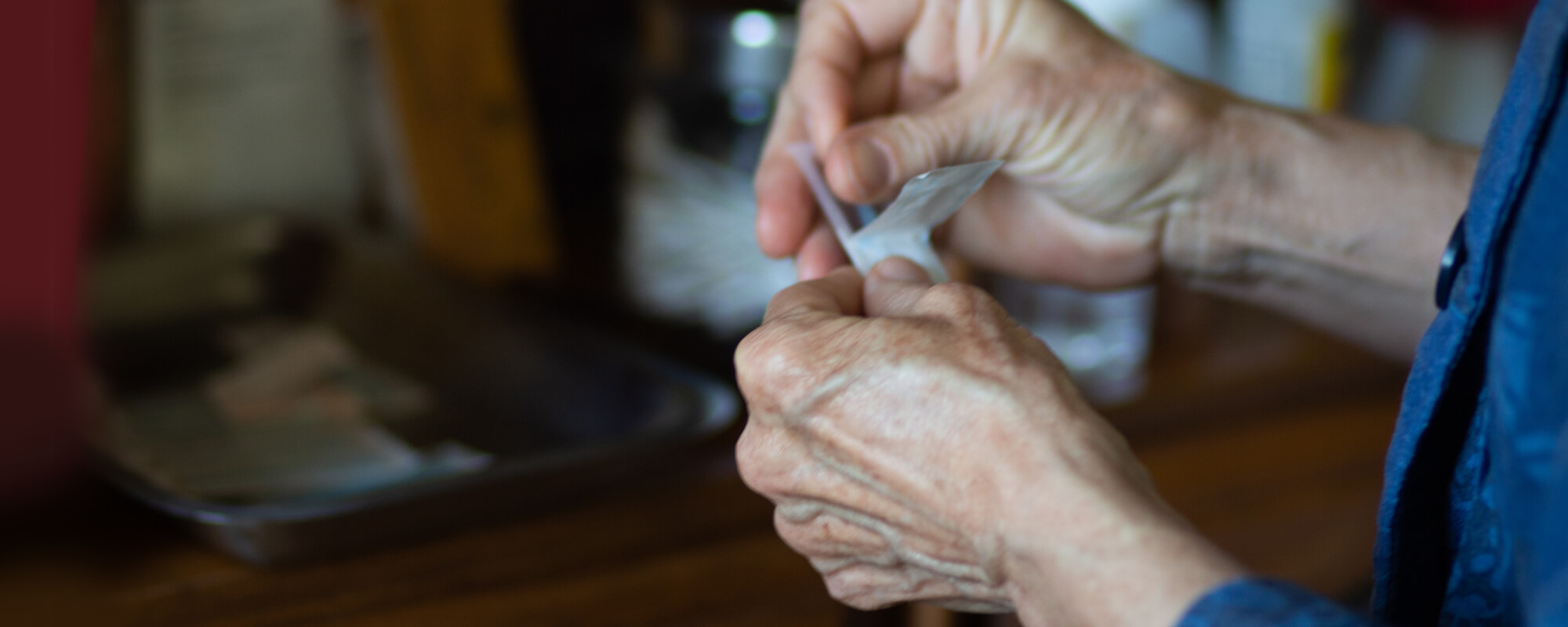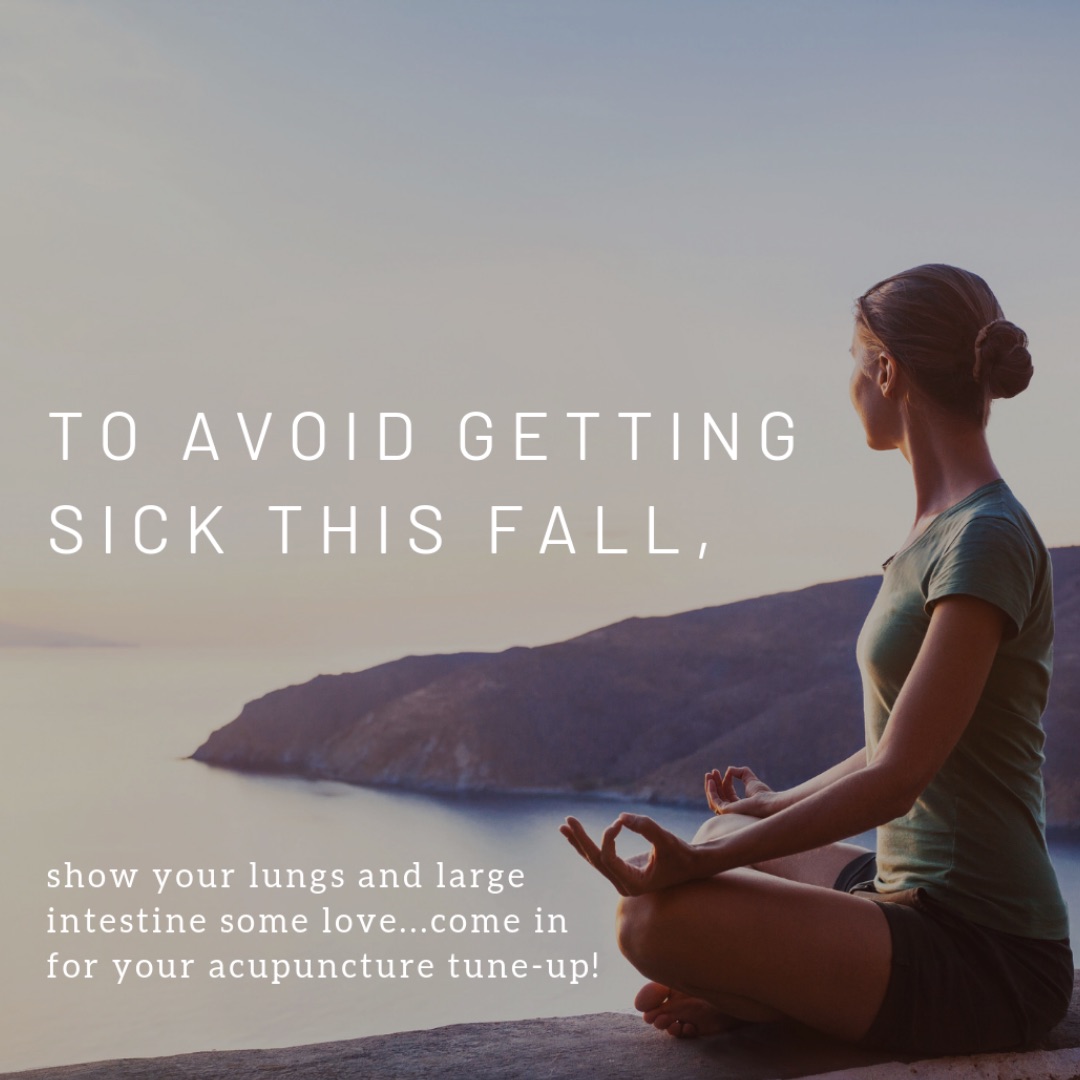- WE MOVED !!!
-
 Professional Acupuncture & Physical Therapy1118 East Superior Street
Professional Acupuncture & Physical Therapy1118 East Superior Street
Duluth, MN 55802(218) 724-3400 Clinic Hours
Mon8:00 am - 4:30 pmTue1:45 pm - 4:30 pmWed8:00 am - 4:30 pmThu8:00 am - 4:30 pmFriCLOSED

- Long Covid Booklet
Acupuncture
Acupuncture For Menopause
Are you a woman starting menopause?
Are you symptoms getting worse and worse?
There is a natural alternative to prescription drugs and hormones: Acupuncture is a proven natural solution!
It reliefs the symptoms of menopause and it will make you feel better overall.
The facts are:
- Acupuncture is a safe, non-invasive, and holistic treatment for menopause that has been used for thousands of years.
- It helps to balance hormones, reduce hot flashes and ease night sweats.
- Acupuncture can also boost energy and mood, improve sleep, and reduce stress levels.
- It can help with other menopause related issues such as headaches, digestive issues and joint pain.
- Acupuncture is a great way to take control of your health and well-being during this transition.
- The World Health Organization recognizes the effectiveness of acupuncture in treating menopause symptoms.
Don’t suffer through menopause alone! Call Heidi at (218) 724-3400 today to get relief.
Down to the Bone with TCM

This October, when you see a skeleton hanging in a doorway or window to celebrate Halloween, take a moment to appreciate your own osseous framework at the very core of your body’s structure. That appreciation would be right on time as October 20th is the calendar day that marks an annual campaign to raise awareness and resources about Osteoporosis and promote better bone health. Osteoporosis is a degenerative disease that affects over 200 million people in the world and over 30% of all menopausal women. It is defined as the reduction in strength and density of the bones leading to increased risk of breaks and fractures. As there is no cure, the focus is on prevention.
From a Chinese Medicine perspective, skeletal growth, development and repair is the domain of the kidneys. Bone loss related to aging is a result of the decline of kidney essence (or jing) over time. Prevention of bone weakness and degeneration is all about the preservation of our kidney jing which is in limited supply as we can not replenish it through our lifetime. What we get when we’re born is what we got. Through lifestyle, diet and herbs we can help to conserve our supply thereby slowing decline. While we can not directly augment the kidney essence we can tonify our kidney qi which will assist in bone repair. Maintaining proper blood flow is also essential to removing stasis that may block the production of new bone.
There are many things we can do to preserve our kidney essence, and supplement our qi while supporting proper blood flow.
*DIET: Foods that are considered kidney-nourishing in Chinese Medicine include sweet potatoes, walnuts, black beans, fish, seaweed, and bone broth. Bone broth is especially important as it is rich in minerals that help build and strengthen bones. Keep your blood nourished and moving with dark leafy greens, organically sourced meats, and stimulating flavor-boosters like onions, garlic, basil, cayenne and turmeric.
*HERBS: Some Chinese herbs that are important in maintaining kidney qi and essence are Shan Zhu Yu, (jujube), Wu Wei Zi, (five flavor fruit) and Gou qi zi, (the good’ol Goji berry!) Goji berries can be safely munched on as a kidney supporting snack as well as added to various dishes. Another herb that has gotten some attention recently as a treatment for osteoperosis is a blood mover called Dan Shen (red sage). Research has shown its value in preventing bone loss without major side effects. (*As with all herbal medicine, it is vital to seek guidance from a qualified herbalist before beginning any herbal protocols.)
*LIFESTYLE: One of the most important ways to preserve your essence is through adequate rest. The worst thing we can do is burn the candle at both ends, especially when you consider the candle to be a perfect metaphor for our Kidney jing. Life is exciting but maintain balance for the long haul. Exercise can be a healthy counterpart to appropriate rest. Weight-bearing exercise is touted as one of the best osteoporosis prevention methods but there are also qi gong exercises (such as ‘Knocking on the Doors of Life’) that bring circulation to the kidneys with very gentle movements that are safe and easy for all ages. Water is the element of the kidneys, and staying hydrated is essential to kidney function, supporting not just our bones but overall health. And let’s not forget acupuncture, the powerful and time-tested method for boosting qi, and making sure it is flowing through every cell of our amazing bodies.
An ounce of osteoporosis prevention is worth a ton of cure so get down to the bone with some acupuncture for kidney tonification, blood flow and bone building! Schedule your skeleton-supporting session with Heidi at (218) 724-3400 today!
Acupuncture and Pain: Unraveling the Mystery of Weather Predicting Bodies and the Power of Unblocking Energy

Acupuncture, an integral part of Traditional Chinese Medicine (TCM), has been practiced for thousands of years. It is increasingly gaining recognition in Western medicine for its effectiveness in treating various types of pain. The philosophy of acupuncture is rooted in the principles of bi-syndrome, stagnation, and the body’s unique and surprising ability to predict weather changes. Let’s delve into these fascinating aspects of acupuncture and understand how they contribute to pain management.
Acupuncture: A Primer
Acupuncture involves the insertion of very thin needles at specific points in the body, known as acupoints. This is done to regulate the flow of ‘Qi’ (pronounced “chee”) or life force energy, thereby promoting healing and wellness. When Qi flows freely, we experience good health. When it’s blocked or disrupted, we experience illness or pain. This is where the concepts of bi-syndrome and stagnation come in.
Understanding Bi-Syndrome
In TCM, bi-syndrome refers to a group of symptoms that are typically associated with pain, numbness, heaviness, and swelling in the muscles, tendons, bones, and joints. The term ‘bi’ means obstruction, and it’s believed that bi-syndrome occurs when Qi and blood circulation in the meridians (energy channels) are blocked. Weather changes, particularly cold, dampness, and wind, are considered significant factors in causing bi-syndrome.
By using acupuncture to stimulate specific acupoints, we can help to unblock the Qi, improve circulation, and alleviate the symptoms of bi-syndrome.
Stagnation and Its Role in Pain
Stagnation in TCM is associated with the concept that pain is the result of blocked or stagnant Qi or blood. When the free flow of these vital substances is impeded, it can lead to pain. This concept is similar to the way Western medicine understands that poor blood flow can lead to tissue damage and pain.
Acupuncture’s role in treating stagnation-related pain involves the stimulation of acupoints to restore the free flow of Qi and blood. This action reduces pain and promotes healing.
Our Body: The Weather Vane
Have you ever noticed how some people claim they can predict the weather based on their joint pain? It turns out, this isn’t just an old wives’ tale. Changes in atmospheric pressure, temperature, and humidity can indeed affect our bodies, particularly those suffering from chronic pain conditions like arthritis. This phenomenon is closely linked to the concept of bi-syndrome in TCM.
As the weather changes, those with bi-syndrome might experience exacerbated symptoms due to the Qi and blood in their bodies becoming more blocked. Acupuncture, therefore, can play a significant role in mitigating these weather-related pain flare-ups by maintaining the smooth flow of Qi and blood.
Acupuncture offers a unique and natural approach to pain management, embracing concepts like bi-syndrome and stagnation and acknowledging the profound interconnectedness between our bodies and the environment. By unblocking Qi and promoting the free flow of energy, acupuncture not only provides relief from pain but also helps us better understand and tune into our bodies.
If you’ve been struggling with chronic or weather-related pain, or know someone who is, consider giving acupuncture a try.
Your body – and your peace of mind – might thank you for it.
Joint Health And Traditional Chinese Medicine

Arthritis is one of the most common joint ailments, affecting over 54 million adults in the United States. Caused by a swelling of the joints, it can range from bothersome to extremely painful and can be a hindrance to everyday activities. Arthritis, along with other types of joint health issues, can be one of the most life-altering conditions to live with—because it can hinder everything from one’s ability to get regular exercise to how much someone can go to work.
Thankfully, applications of Traditional Chinese Medicine (TCM) and acupuncture can be amazingly helpful as arthritis treatments and general joint health maintenance protocol.
Within the theory of TCM and acupuncture, our essential life energy or qi (pronounced “chee”) flows along the meridians of the body. When the flow is constricted or imbalanced, we may experience illness or pain. The needles used in acupuncture are carefully placed along points connected to the meridians, stimulating those places to correct and encourage the flow of energy.
In TCM, the entire body is understood as a multifaceted mechanism whose parts function in concert—not silo-ed sections to be treated in isolation.
Various studies, including one by the Center for Integrative Medicine at the University of Maryland School of Medicine, found that patients felt significantly less pain and had an easier time walking after receiving legitimate acupuncture treatments.
Treating Rheumatoid Arthritis
There are many different types of arthritis, some with very few treatment options as dictated by Western Medicine.
Rheumatoid arthritis (RA) is one variety that can be hugely disruptive to sufferers’ lives. RA is a chronic systemic autoimmune disease that’s linked with progressive joint damage, resulting in severe chronic pain and long-term mobility issues.
Western medicine comes up short when trying to treat RA. Yet many clinical trials have shown that Traditional Chinese Medicine (TCM) has advantages in the treatment of RA.
Osteoarthritis & Preventing Knee Replacement
Another common and very detrimental type of arthritis is osteoarthritis, particular in the knee joints, and especially affecting older adults. When knee osteoarthritis gets severe enough, total knee replacement is the final treatment option.
A wide-ranging study of over 34,000 patients in Taiwan showed that TCM treatments reduced risk of total knee replacement in patients with knee osteoarthritis, and that enhanced benefits results from long-term treatment. The longer a patient used TCM, the less likely they were to need a knee replacement.
Consider getting TCM treatments in Duluth MN. We are conveniently located at 205 W. 2nd Street.

